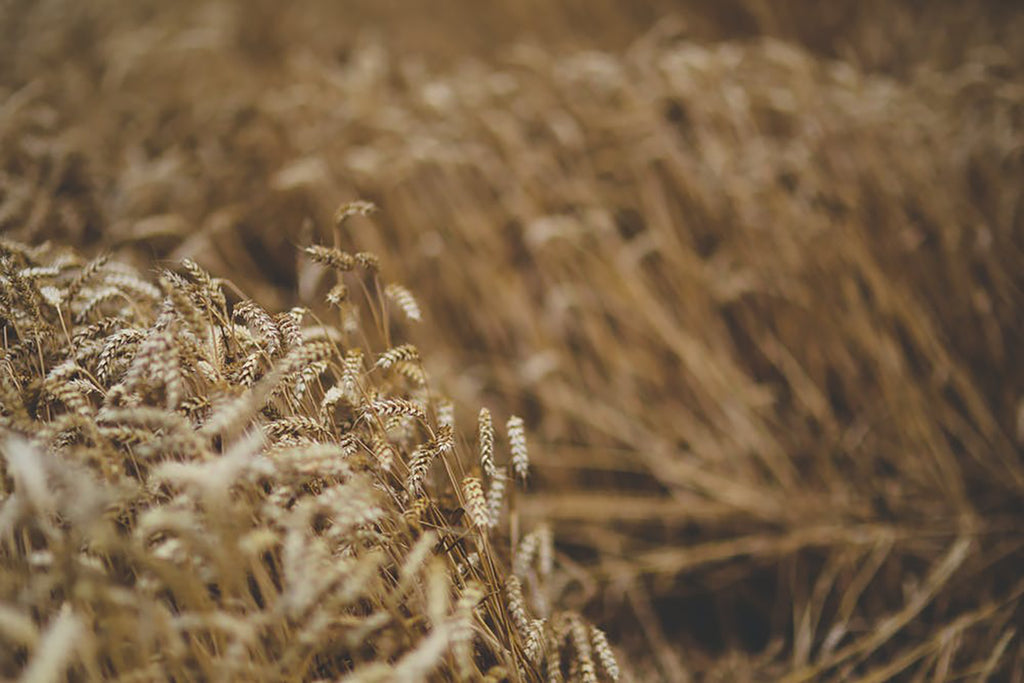Carbohydrates
To carb or not to carb?
Low-carb advocates say that not eating carbohydrates, or keeping the intake of these nutrients under 5% of your daily calories is the easiest way to lose the fat in a healthy manner, and to achieve a slimmer body. Yet, others claim they treat themselves with tasty carbs every day but manage to maintain a lean body by simply burning more calories than they eat, and exercising daily.
Are carbs really that bad for us?
Should we remove these nutrients from our diet completely, or maybe we should simply learn which ones are nourishing our bodies, and which ones are only satisfying our cravings for sugar?

Understanding the difference between starchy carbs, fibres and simple carbs
Both broccoli and pasta contain carbohydrates, but the former is richer in fibre, while the latter is likely to contain refined flour and unnecessary chemicals. To make sure you avoid the harmful carbohydrates most of the times, try to eat mostly complex carbs and a low amount of simple carbohydrates. Complex carbs are found in starchy vegetables, fibre and grains, while simple carbs are those in fruits, milk and dairy, honey, syrups, sugar and juices. Starches, although blamed by many, are long molecules that require more energy to be broken down, so the body burns more calories to digest these carbs than it does when you eat fruit for example.
While simple carbs cause spikes in blood sugar levels and favour the accumulation of fat, complex carbohydrates provide energy over longer periods of time, and are more likely to support weight loss in the long run. Surely the amount of carbs you eat still matters, as any excess in calories can make you gain unwanted pounds, but if you eat mostly starchy carbohydrates like those fund in baked potatoes or whole grains, you will feel satisfied for longer after meals and thus less tempted to grab another snack between meals.
Still, note that processed food, like pasta for example, doesn't always contain only complex carbohydrates, even if it's made with whole grains. This is also the case with muffins or other desserts made with whole wheat flour or similar ingredients: These products often contain other ingredients that make it easier for the body to digest the complex carbohydrates, therefore you may experience increased blood sugar levels after consuming them.
Fibres are another category of silhouette-friendly carbs, as they can't be broken down inside the intestines, thus make their way to the digestive tract intact. This not only prevents the release of sugars in the bloodstream but also helps in the removal of toxins and food debris from the large intestine, ensuring a healthier digestion. However, note that a higher fibre intake should be coupled with a higher intake of water, to prevent constipation.
Legumes, whole grains and non-starchy veggies are excellent sources of fibres, but you can also take these nutrients from nuts and some fruits. The recommendation is to consume 25 grams of fibre per day if you're a female and up to 38 grams if you're a male.

Foods you can get your fibres from include: broccoli, beans, lentils, barley, oats, brown rice, peas, bananas, pears, berries, buckwheat, amaranth, millet, quinoa, turnip greens, spinach, flaxseeds, brussels sprouts, figs, prunes and avocado.
As for simple carbs, there's no need to remove all of them from your diet, but stick with those found in fruits and dairy, and remove the artificial and processed products from your menu. Simple carbs are digested easily and lead to spikes in blood sugar levels. If you consume them right before a workout, that energy can be consumed right away, so no excess sugar will be stored in the form of fat.
On the other hand, if your diet is rich in simple carbs and you're not burning more than you eat, you're very likely to gain weight, as all sugar that is not needed for immediate energy production is stored as fat in the layers of adipose tissues underneath the skin. A piece of fruit that provides 4 grams of simple carbs is less likely to make you gain weight than a muffin that contains 12 grams of simple carbs, so do your best to choose natural products over processed ones.
If you replace simple sugars like those in sweets and junk products with complex carbs and fibres, or with simple carbs from fruits, you will find it a lot easier to manage sugar cravings once your body adjusts to the new way of eating, and you'll be able to maintain a healthy weight easier.
